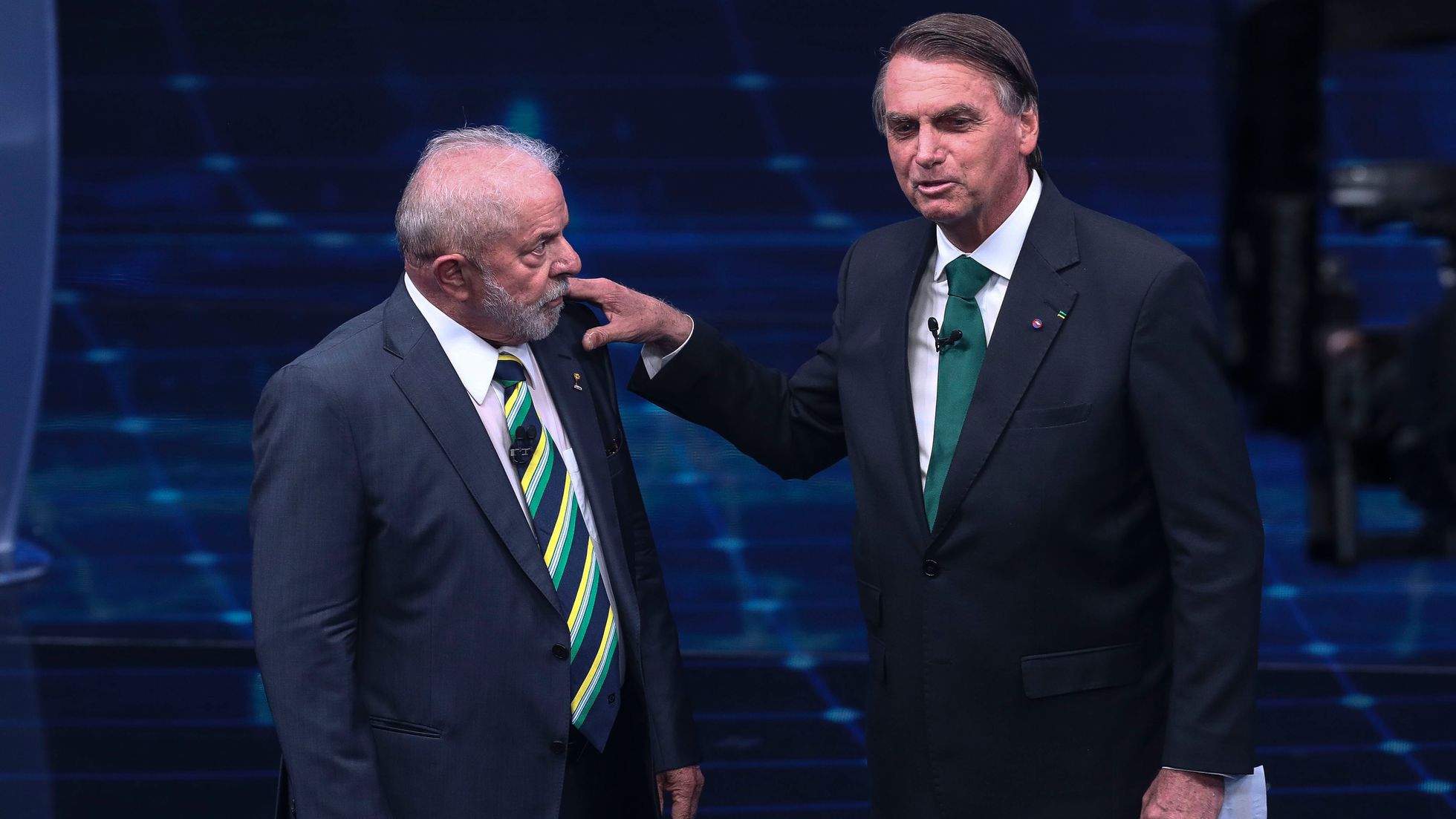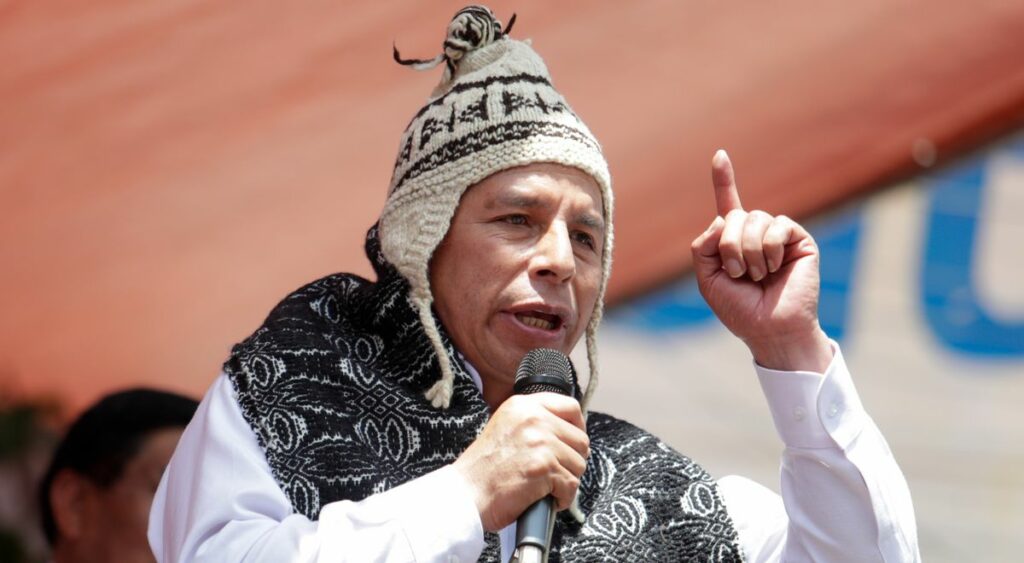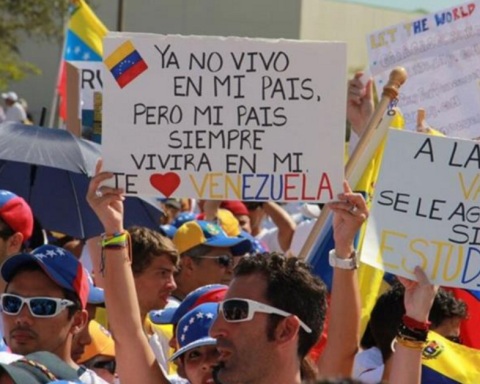This Sunday all eyes of the world will be on South America, specifically on Brazil where the next president will be elected. Luiz Inácio Lula da Silva (who governed the country between 2003 and 2010), and Jair Bolsonaro (who aspires to renew his mandate for another four years) are measured in a close battle until victory.
Last month Lula won the first round of elections with 48.4% of the vote, compared to 43.2% obtained by Bolsonaro, and starts with an advantage of between five and seven points for the ballot, according to polls.
Along these lines, Rubén Ramírez Lezcano, Head of the Electoral Observation Mission of the OAS in Brazilinvited Brazilians to go out and vote this Sunday, October 30, on a day that he says will be historic.
The head of the electoral observation mission of the Organization of American States (OAS) for the elections in Brazil, Rubén Ramírez Lezcano, recalled this Saturday that the Superior Electoral Court (TSE) is the only authority that can disclose the results of the elections. urns.
Ramírez, former foreign minister of Paraguay, invited Brazilians to go vote “in a calm and enthusiastic atmosphere”, as in the first round, held on October 2, and urged them to have “patience” to wait for the official results.
“Trusting in the democratic spirit that characterizes Brazilian society, I call on all actors to patiently await the results that will be released by the Superior Electoral Court, the only authority authorized to do so,” Ramírez said, according to Agencia Efe.
REACTIONS
For the region it is also an extremely important moment. Several leaders spoke about it and announced their favorites in these elections. This is the case of former Uruguayan president José Mujica (2010-2015), who affirmed this Saturday in Sao Paulo alongside Luiz Inácio Lula da Silva that the elections are a choice between democracy and authoritarianism.
“This is not an election between the left and the right, it is between democracy and authoritarianism,” Mujica said in statements to the media in which he reaffirmed his support for the leader of the Workers’ Party (PT).
BOLSONARIST MILITANCE
For his part, Bolsonaro called on his supporters to be “prosecutors” of the voting process at the polling stations. In this framework, the current head of state, who in recent months has raised suspicions about the electoral process, with serious attacks on electronic ballot boxes, encouraged his voters to register on his party’s website to become a “prosecutor of Brazil”.
The action of volunteer prosecutors on election day is something provided for in Brazilian law, which also prohibits them from generating disturbances, hindering the work of members of the voting table or intimidating voters.
Allies of the ruler have mobilized in recent weeks on social networks to encourage the Bolsonarist militancy to monitor the development of the electoral dispute.
LOCAL PLAN
From the country, specialists who know the Brazilian market came out to give their opinion on the repercussion that the elections in the neighboring country will have. Óscar Mersan, a member of the Paraguay-Brazil Chamber of Commerce, said that in the event that Lula wins, there will be an integrationist policy and a pro-Mercosur policy. In the case of Bolsonaro it would be the opposite.
“Bolsonaro’s Brazil thinks more about competitiveness, there is a good relationship with Paraguay but it does not materialize, Paraguay is not seen as a strategic ally but rather as a competition,” he told 1020 AM.
Depending on whether Mersan wins the elections, Brazil’s politics will be open. Both Lula and Jair are going to bet on the open economy. The former, no matter how much he wins, is not going to be able to take a far-left measure because he has a balanced Congress.
For the member of the Chamber of Commerce, with a victory for Lula Da Silva there is more “flexibility” with the Itaipu treaty, which should be dealt with the following year.

















